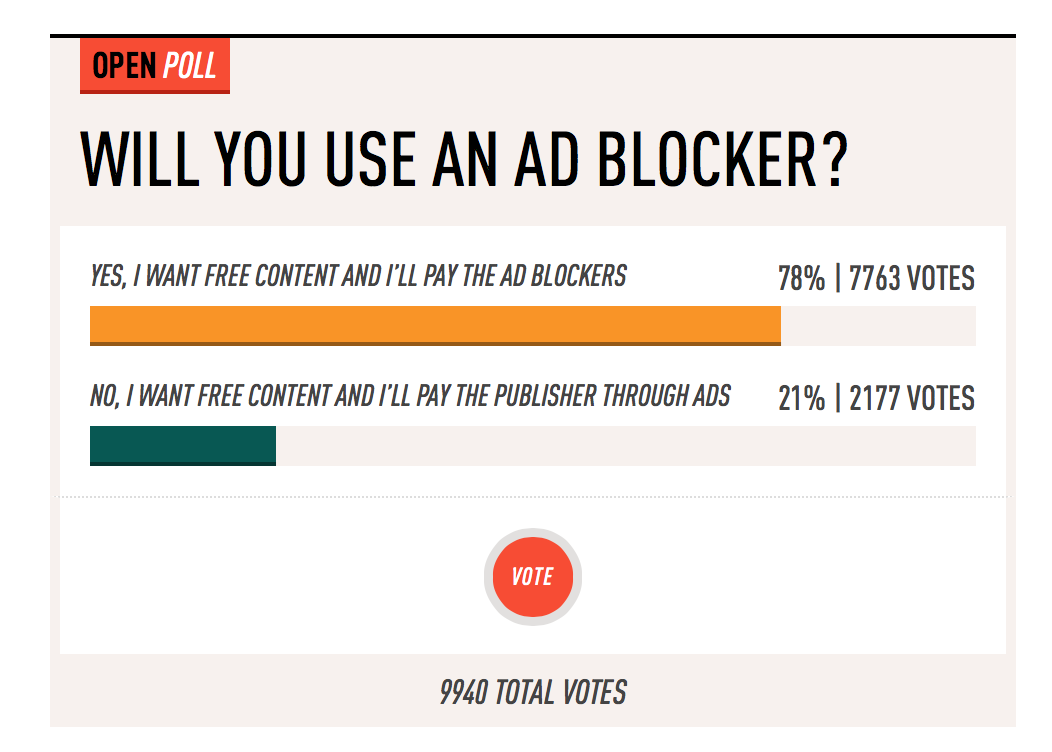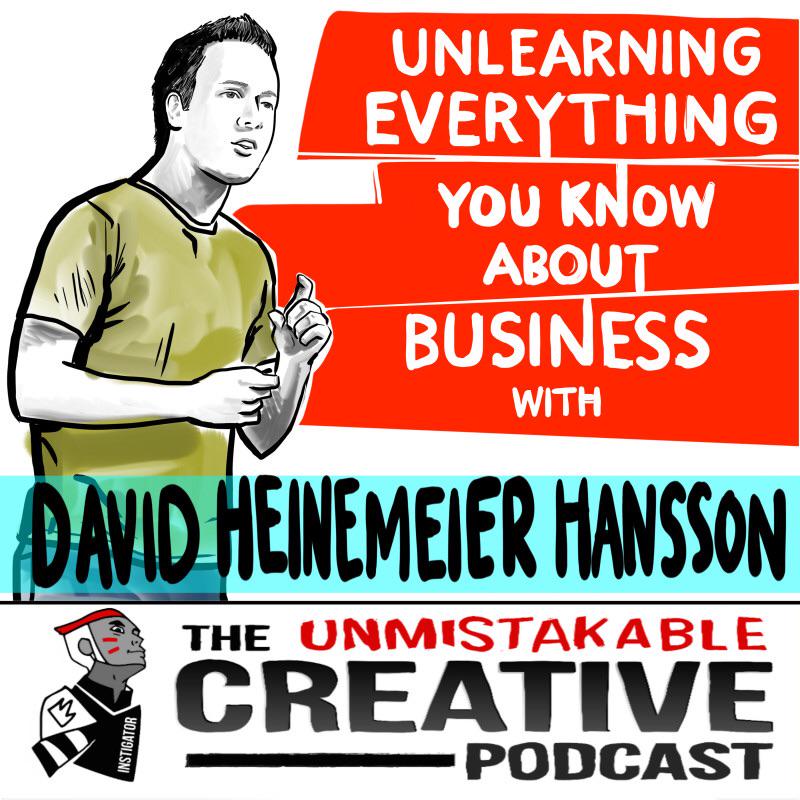I’m not surprised that Jeff Bezos didn’t recognize the Amazon depicted by Inside Amazon: Wrestling Big Ideas in a Bruising Workplace, a NYT exposé on its culture. Jeff would never have heard those stories, because nobody would ever tell him. These are the stories you have to dig for, and the NYT did.
Whether the overall, pretty glum, picture painted of Amazon work culture is perfectly accurate isn’t even that interesting. It’s certainly not an adequate defense to deflect the questions raised, as one Amazon high-level but rookie manager tried to do. There are more than enough anecdotes, supposedly gathered by more than 100 interviews with current and former employees of Amazon, to raise more than a few red flags.
How you respond to a red flag is what matters. You can deny its very existence. You can argue that it’s not really red, but more of an orange pink. You can argue that the people holding the flag aren’t true Amazonians. You can argue that the people who caused the red flags to fly were rogue actors, going against the intentions of the company. Or you can simply just claim that since you hadn’t personally seen any of the incidents, the flags are illegitimate on their face.
But the bottom line is that culture is what culture does. Culture isn’t what you intend it to be. It’s not what you hope or aspire for it to be. It’s what you do. There’s no way to discredit, deflect, or diffuse that basic truth.
Here’s how that can play out: High-level manager A gives mid-level manager B a tough, maybe even impossible, goal. Maybe A ties a bonus or dangles a promotion to the fulfillment of that goal. Now set that in context of WE ARE THE SMARTEST, WE WORK THE HARDEST.
How hard do you think B is going to push subordinate C to reach the goal? To not fail BEING SMART, WORKING HARD? Do you think that some meaningful number of times, C might feel such aggregated heat from two layers of management that it could resemble some of the anecdotes from the NYT article (and then imagine 3-4-5 layers of management)? If so, do you think A is blameless, and do you think the organization that serves as context for this scenario is blameless? I don’t.
“But that’s not what I meant” is an adequate, if somewhat naive, excuse the first time you see the consequences of your actions. The second, third, or fifth time, it’s a lot less so. At some point “unintended side effects” becomes “predictable outcomes”.
The NYT did Amazon a favor. They shone a bright light on some dank corners of the organization and its work culture. Corners that had long been rumored to exist. Now it’s out in the open, and Amazon can seize the catalyst for a thorough audit of the gap between what Jeff wants the place to be and how it sometimes isn’t.
To do so, Jeff, and other senior management at Amazon, need to remember that nobody tells you anything when it comes to bubbling-up abuse from the trenches. It’s completely unrealistic to expect someone five levels deep in the bowels of the organization to reach out to the fifth-richest man in the world and trouble him with his or her toils. It doesn’t matter how many invitations to open doors, escalators, or elevators you extend, it’s just not going to happen.
The only reliable way to get this sort of information is to ask. You cannot just extend the “open door” invitation, lean back in your executive chair, and think that you’ve done all you can.
Jeff, or a team he charges with finding facts (and not protecting egos or appearances), has to follow up on the leads, examine the stories, identify root causes, and propose sanctions and remedies. And Amazon has to be willing to accept that maybe some of its systems are producing consequences it does not desire, and that they should change.
Disclaimer: Jeff Bezos personally owns a minority, non-voting stake in Basecamp acquired in 2006. That makes this case personal for me. Factor in that bias. Also, this exact problem, top-level management being the last to know, is why we created KnowYourCompany.com.


